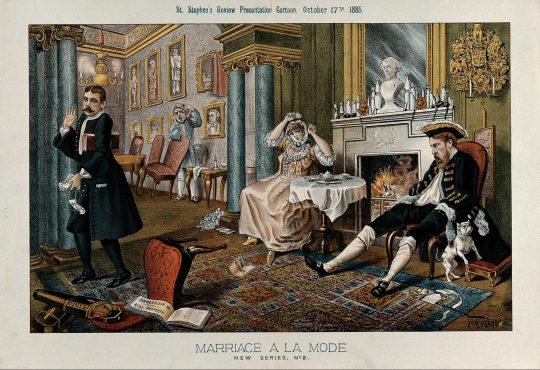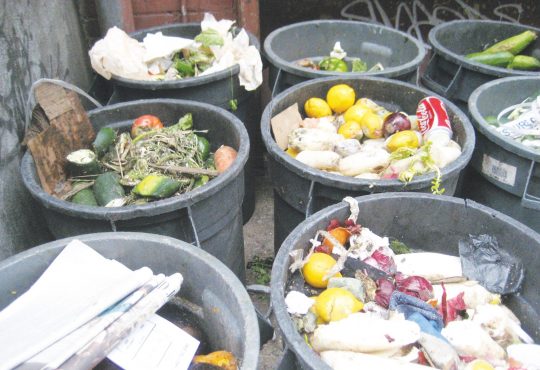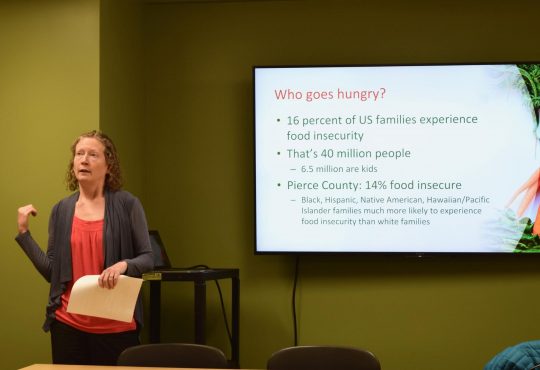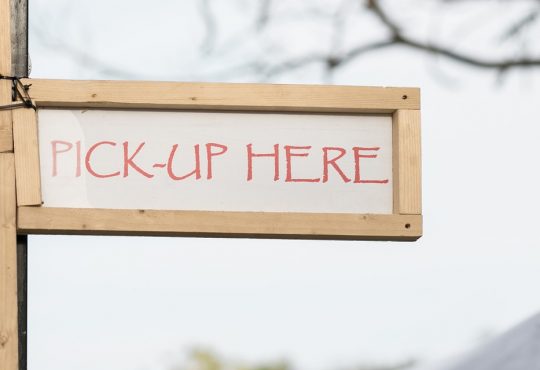Veganism is often mocked when it comes up in conversation. By now, many people have heard the joke, “How do you know if someone is vegan? Don’t worry, they’ll tell you.”
Well, the same could be said about all types of diets, including those that adhere to religious or health concerns, such as when someone is kosher or diabetic. Even omnivores will tell you what they can or cannot eat because we all have individual tastes and reasons for why we eat what we eat.
But the way we think about veganism is different than how we think about other diet preferences. The societal prejudices against vegans do not reflect the reality of our diverse culture and our attitudes of tolerance, and they must end.
The complete diet of foods a person eats is the result of numerous lifestyle and cultural factors. Although societal preferences are pretty stable, sometimes there are whimsical shifts, such as when a new diet fad emerges.
We see such capricious fads in the form of weight loss and “cleanse” diets. The way society views these diets is often contrary to how people regard vegans. Each time a new health craze suddenly comes into fashion, many people view it as the silver bullet to getting the most protein or to losing the most weight or to building muscle. Then these same diets disappear and our society hardly gives a second thought to how ridiculous they are and the flawed science behind them.
The current health craze is going gluten-free. Foods everywhere prominently advertise that they are gluten-free as if it is means that the food is healthier. Partially due to societal misconceptions and ignorance about what gluten-free really means (see the Jimmy Kimmel video “Pedestrian Question—What is Gluten?” and the recent “South Park” episode “Gluten-Free Ebola”), and because it seems like everyone is doing it, anyone can now be gluten-free without most people thinking twice about it. All of this when, in reality, excluding gluten if you don’t have Celiac’s disease actually has negative health effects.
Why is it that some diets are socially acceptable but being vegan is not? Consider this: If you’re at dinner with someone and they tell you that they can’t eat a certain food for religious reasons, or because they’re allergic to something, or even because they’re trying to lose weight, would you question the validity of their diet restrictions? Would you be accommodating to their diet? Chances are, you would try to satisfy their needs because you don’t want to seem rude or because you think that these are worthy reasons.
Now imagine that someone said they couldn’t eat a certain food because they are vegetarian or vegan. Too often, people immediately become defensive and say that person is being difficult, or they ask questions about why that person is vegan, which may also involve some snarky comment about how much they love bacon and hunting. Then there’s the inevitable “Where do you get your protein from?” question.
It is understandable why some people can be hesitant or uncomfortable around vegans, since they might think that person is going to cast judgment on them for eating meat, or that they are going to proselytize about the immorality of eating meat. These assumptions are based on misconceptions of vegans as radicals and on misunderstandings about nutrition and the presumed unhealthiness of being vegan.
But if you think about it, how often do vegans spontaneously tell you that they are vegan? How often do vegans guilt you about the ethics of eating meat?
Then consider if vegans actually do talk about the food they eat more than an average eater does, or than someone might tell you that they’re gluten-free. A quick browse through the supermarket will show that people who are gluten-free are more vocal about their diet than vegans.
Imagine if you went to a restaurant to find that there is, at best, only one or two options for you to eat. This is a regular occurrence for vegetarians and vegans. You may not have ever realized it, but being vegan can be surprisingly difficult because of the almost discriminatory attitudes people have towards vegans.
Misconceptions about veganism often cause people to fear vegans without considering the reasons why someone would choose to be vegan. There are probably more reasons to be vegan than you might think (there are even health reasons!). So before you become defensive around the next vegan you encounter, try to consider if they actually live up to your biases. Then decide if being vegan really is crazier than doing a “cleanse” or weight-loss diet. Who knows, veganism might even become mainstream someday.





